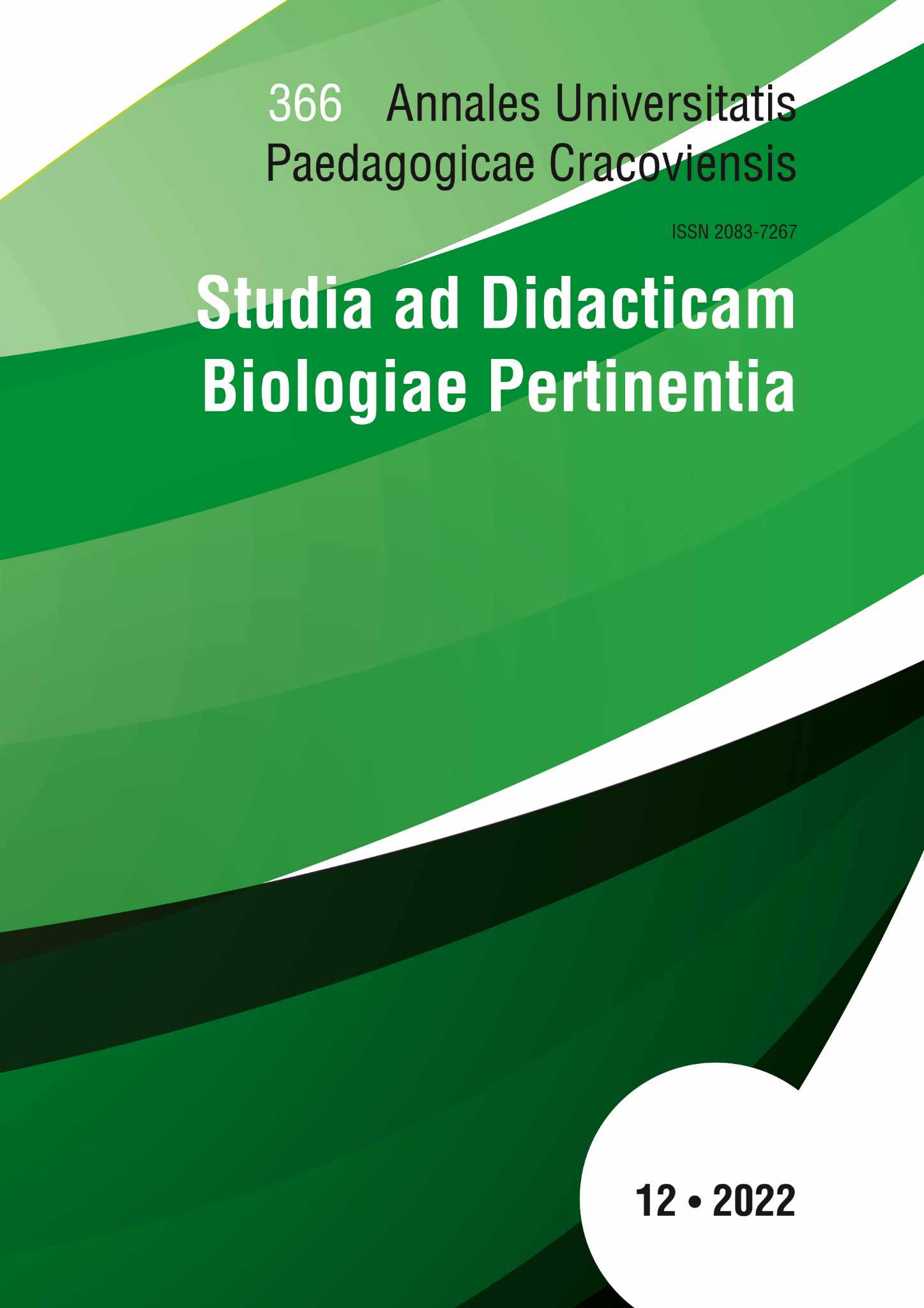A strategy for addressing fake news and denialism in Elementary and Secondary Schools
A strategy for addressing fake news and denialism in Elementary and Secondary Schools
Author(s): Flávia Siqueira, Agnaldo ArroioSubject(s): Media studies, School education, Sociology of Culture, Sociology of Education
Published by: Wydawnictwo Uniwersytetu Komisji Edukacji Narodowej w Krakowie
Keywords: fake news; denialism; Elementary School; Secondary School; media literacy;
Summary/Abstract: Several organizations and researchers in the field of media and education point out to the need to address the issues of fake news and denialism in basic education – themes that have been highlighted in different recent publications and guides for teachers and students, such as the Media and Information Literacy Curriculum for Educators and Learners (Unesco, 2021). During the first half of 2021, it was monitored and supported an optional course on these topics delivered to elementary and high school students at a public school in the city of São Paulo, Brazil. For this proposal it was possible to integrate teachers from school, undergraduate and graduate students from different fields – in this case, Humanities and Natural Sciences – to articulate the analysis of fake news’ discourse and language structure with the mobilization of scientific knowledge that is already part of the educational program. This articulation, together with setting reading goals – aimed at classifying different media content into more specific categories in the disinformation misinformation ecology –, was considered by the teachers as a viable method to structure activities in order to develop critical thinking among students. As categories of fake news, we followed the proposal of Unesco’s book Journalism, fake news & disinformation: handbook for journalism education and training – most media content considered “fake news” may be classified as misinforma tion, disinformation or mal information (Unesco, 2018). As for the mobilization of scientific knowledge, we considered the concept of Socioscientific Issues (SSI): science based issues that are socially relevant (Chen & Xiao, 2021). The teaching team worked with SSI linked to the Covid-19 pandemic, vaccines, and, in one of the classes, the “myth” – widespread in the media and among digital influencers – that lemon juice has an “alkalizing effect” and improves general health. This strategy was considered adequate for the course’s purpose and possibly adaptable to other contexts.
Journal: Annales Universitatis Paedagogicae Cracoviensis. Studia ad Didacticam Biologiae Pertinentia
- Issue Year: XII/2022
- Issue No: I
- Page Range: 120-132
- Page Count: 13
- Language: English

